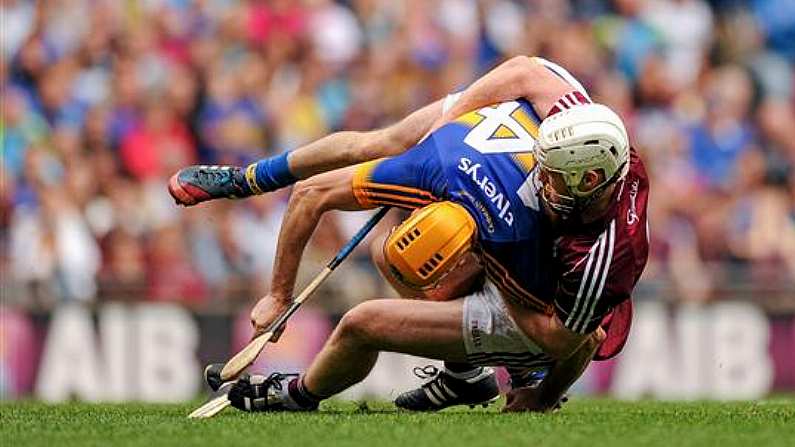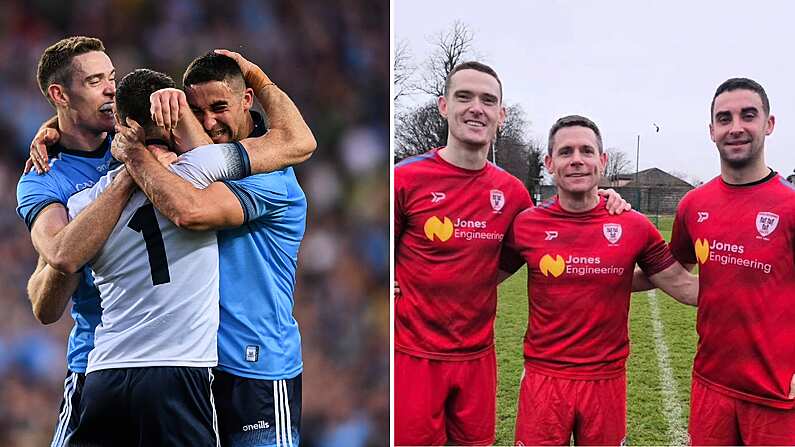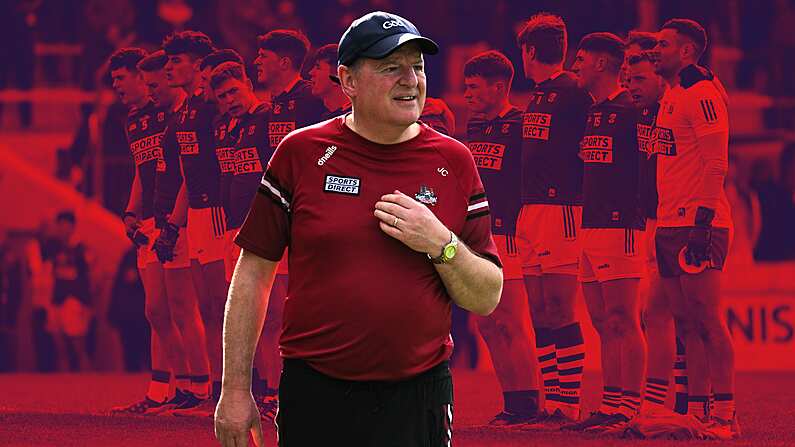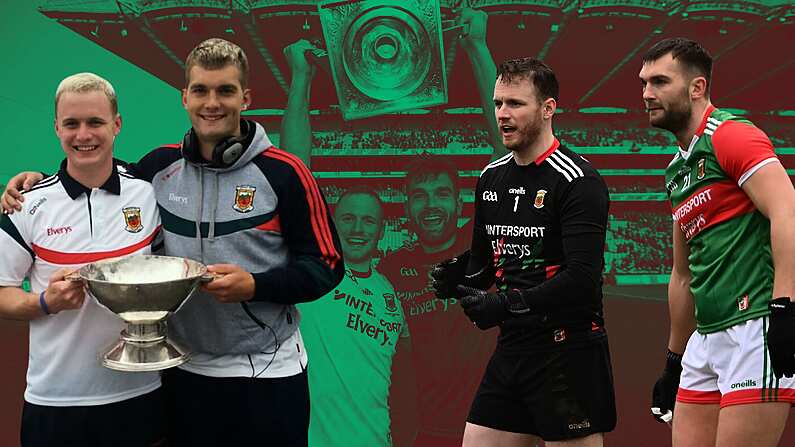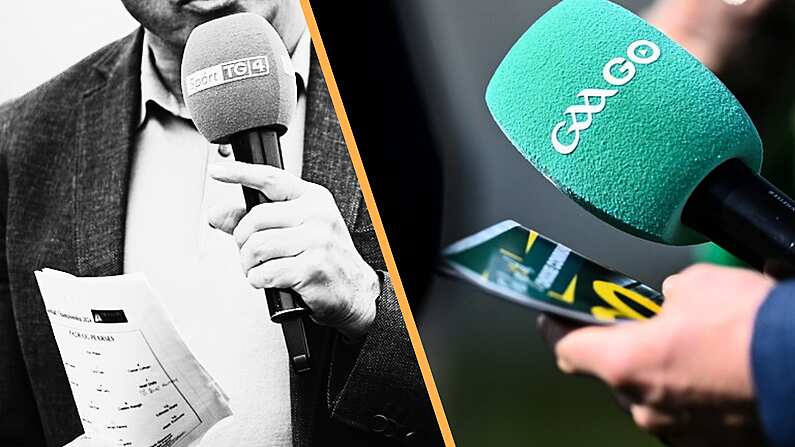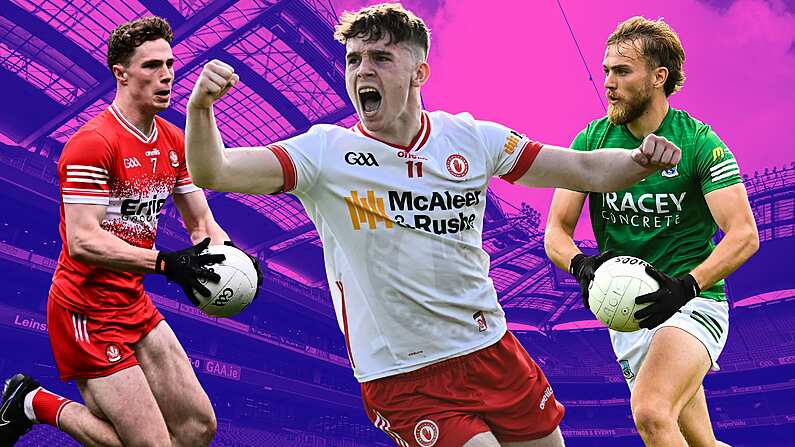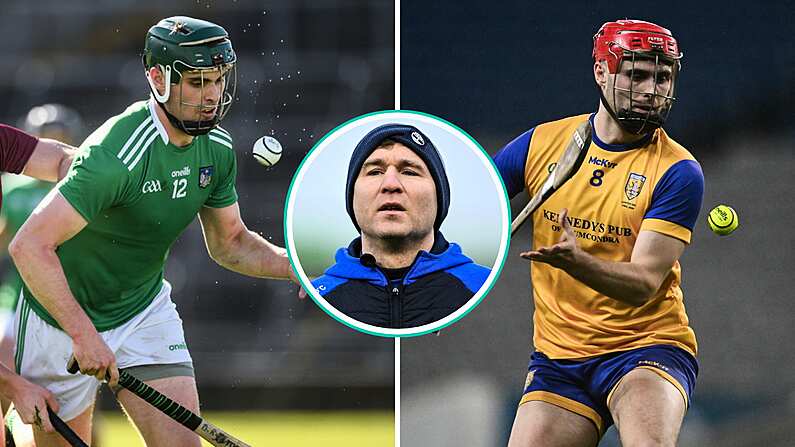The increasingly bitter division between hurling folk and those inferior beings who follow other sports has reached fever pitch in the past 24 hours.
It's been a quiet year for the hurling supremacists. A series of turkey shoots and the routine Kilkenny victories have undermined their pretensions.
The heart-throbbing majesty of yesterday's semi-final has awoken them once more.
During hurling's lean years, football people seemed content to let hurling people have their inconsequential declarations of superiority.
Things have changed in recent years. In 2013, the hurling championship took in more money through attendances than the football championship.
The last two hurling championships have provided a series of incredible spectacles.
Those football partisans from football counties (often coming from places like Cavan and Monaghan and, yes, Tyrone) are on defensive. As a result, they are now affecting disdain at hurling's continual declarations of self-love.
The fact that hurling pundits appear to enjoy the sport on which they are commenting is a particular gripe. It is wholly alien to football people. Deeply aberrant behaviour.
Following yesterday's game, many people were minded to give Gaelic football a good pounding on social media. I mean, what is there to do after watching a great game of hurling other than tweet Tiernan McCann?
The general consensus was that, in Croke Park yesterday, the manliness-meter hit the highest magnitude possible. Indeed, it may well have broke. It was off the scale.
Many saw yesterday's epic as being in stark contrast to last weekend's monstrosity served up by Tyrone and Monaghan, a game in which the concept of manliness was disgracefully spurned.
Many were minded to contrast the Tipperary and Galway hurlers, heartily well stocked in the manliness department, with the footballers of Tyrone.
Incidentally, Tyrone people (and other non-Tyrone born sympathisers) were also inclined to contrast their own team with the Galway hurlers. But only in their treatment from the media.
John Hanbury's decision to haul down Seamus Callanan as it looked like the Tipp full forward was about to plunder another goal has marked the dividing line.
Football people were struck by the resemblance between this foul and Sean Cavanagh on Conor McManus, August 2013. And they were also struck by the distinct non-resemblance in the reactions that flowed from both fouls.
We know what was visited on Cavanagh. By contrast, precious little wrath was poured on the otherwise excellent Hanbury's head.
Far from pondering whether a mere yellow card was a sufficient for such a brutally cynical, goal stopping foul, they adjudged that the only matter up for debate was whether Callanan was in a right frame of mind to take the resultant penalty.
The whole thing reached farcical levels tonight on Off the Ball as Tipperary great Eoin Kelly, perhaps out of fanatical desire not to appear a sore loser, denied there was any cynicism in Hanbury's tackle.
When Daithi Regan was minded to compare Hanbury's tackle with that of Cavanagh, Kelly interjected. He disagreed the tackles were in any way comparable, on the grounds that Cavanagh was behind McManus when he pulled him down, while Hanbury was alongside Cavanagh - when he pulled him down.
This apparently crucial distinction made all the difference.
Hanbury's tackle wasn't the only cynical foul yesterday. Cyril Donnellan was also pulled down with a goal on in the first half, though perhaps in a less blatant manner.
Galway were by far by the better team yesterday, and probably deserved to win by a good bit more than one point. It was telling that they were the only team to create chances in injury time. They missed two prior to scoring the winner. They were stronger when it mattered.
Hurling is a brilliant sport. Unlike Gaelic football, it boasts a coherent and achievable means of dispossession - or at least one that doesn't require crowding out a player until he over-carries. There are no interminable debates about 'defining the tackle' (impossible in the case of Gaelic football without altering the character of the game entirely).
But that doesn't mean hurling shouldn't learn something from the manner in which Gaelic football is governed.
Maybe the black card is not the answer, but the fouls on Callanan, and perhaps even on Donnellan, require harsher penalties than they received yesterday, before cynicism really does run rampant in hurling.

